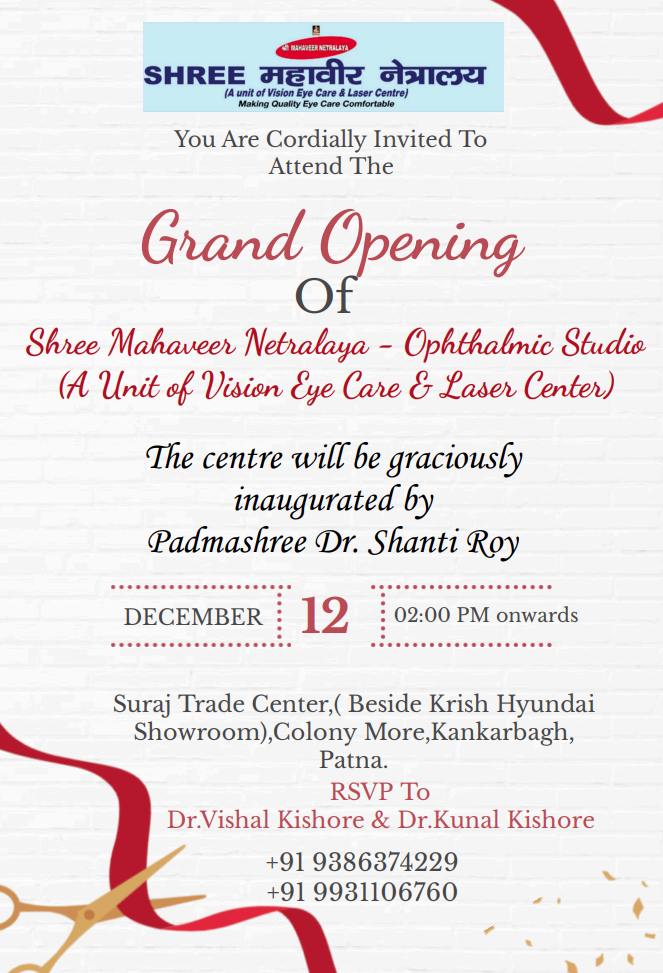
Surgical Procedure
Glaucoma Surgery
All Treatments
Glaucoma Surgery
Offering advanced surgical solutions to effectively manage glaucoma and protect your vision from further damage
Glaucoma is a serious eye condition that, if left untreated, can lead to permanent vision loss. It is caused by increased pressure within the eye (intraocular pressure) that damages the optic nerve. Early detection and management are critical, but in more advanced cases, surgery may be necessary to lower eye pressure and prevent further damage.

Our Approach to Glaucoma Surgery
We specialize in providing advanced surgical solutions for glaucoma, ensuring the highest standard of care for our patients. Our expert team utilizes the latest techniques and technologies to effectively manage intraocular pressure and halt the progression of the disease.
Types of Glaucoma Surgery We Offer
- Minimally Invasive Glaucoma Surgery (MIGS):
- This innovative surgical technique offers less invasive procedures with shorter recovery times. MIGS is ideal for patients with mild to moderate glaucoma and involves tiny incisions to insert microscopic devices that help drain fluid from the eye, reducing pressure.
- Trabeculectomy:
- A common glaucoma surgery, trabeculectomy creates a small drainage hole in the eye to allow excess fluid to escape, lowering intraocular pressure. This procedure is typically recommended for patients with more advanced glaucoma.
- Glaucoma Drainage Devices (Tubes or Shunts):
- These small, specialized implants help drain fluid from the eye, maintaining lower pressure and preventing optic nerve damage. These devices are particularly beneficial for patients with advanced or complicated cases of glaucoma.
- Laser Trabeculoplasty:
- This non-invasive procedure uses a laser to improve the drainage of fluid from the eye. It is often used as an alternative to surgery in early stages of glaucoma or to complement other treatments.
Symptoms of Glaucoma
- Loss of Peripheral Vision: Gradual reduction in side vision, often unnoticeable until advanced stages.
- Halos Around Lights: Seeing rings or halos around bright lights, especially at night.
- Eye Pain or Pressure: Occurs in some types of glaucoma, along with possible headache.
- Blurred Vision: Gradual or sudden blurred vision can be a warning sign.
- Redness in the Eye: In advanced or acute cases, the eye may appear red and irritated.
- Nausea and Vomiting: Accompanies severe eye pain in acute angle-closure glaucoma.
Why Choose Us for Glaucoma Surgery?
- Experienced Surgeons:
Our team of highly skilled surgeons has extensive experience in performing glaucoma surgeries, ensuring precise and effective treatment. - Advanced Technology:
We use state-of-the-art equipment to diagnose and treat glaucoma, offering the most up-to-date solutions available in ophthalmology. - Personalized Care:
Each patient’s condition is unique, and we tailor our treatment plans to provide the most effective solution for managing their glaucoma.
Post-Surgery Care
After surgery, our team provides comprehensive follow-up care to monitor healing and ensure the surgery has successfully lowered the intraocular pressure. We work closely with patients to guide them through recovery, offering tips and medication plans for optimal results.
Frequently Asked Questions:
- What is glaucoma surgery? Glaucoma surgery is performed to reduce intraocular pressure in the eye, preventing further damage to the optic nerve. It is typically recommended when medications and laser treatments are not effective in controlling the condition.
- When do I need glaucoma surgery? Surgery is usually recommended if glaucoma progresses despite the use of medications or other treatments. It is crucial when intraocular pressure cannot be controlled, and vision loss is at risk.
- What types of glaucoma surgery are available? We offer a variety of surgical options, including Minimally Invasive Glaucoma Surgery (MIGS), trabeculectomy, drainage devices (tubes or shunts), and laser trabeculoplasty. The best option for you depends on the severity and type of glaucoma you have.
- Is glaucoma surgery painful? Most glaucoma surgeries are performed under local anesthesia, meaning the eye is numbed, and patients typically feel little to no discomfort during the procedure. After surgery, some mild discomfort or irritation may occur but usually subsides quickly.
Schedule Your Glaucoma Consultation
If you’re experiencing symptoms of glaucoma or have been diagnosed with the condition, don’t wait early intervention is key to preserving your vision. Schedule a consultation with our expert ophthalmologists today to discuss your personalized glaucoma treatment options.
 +91 9939829148
+91 9939829148 visionlasercentre@gmail.com
visionlasercentre@gmail.com +91 7761882875
+91 7761882875
